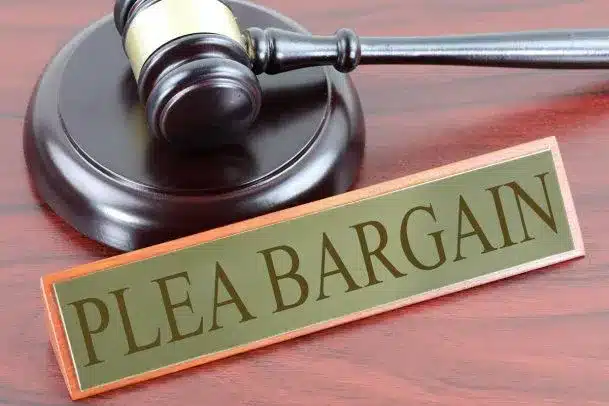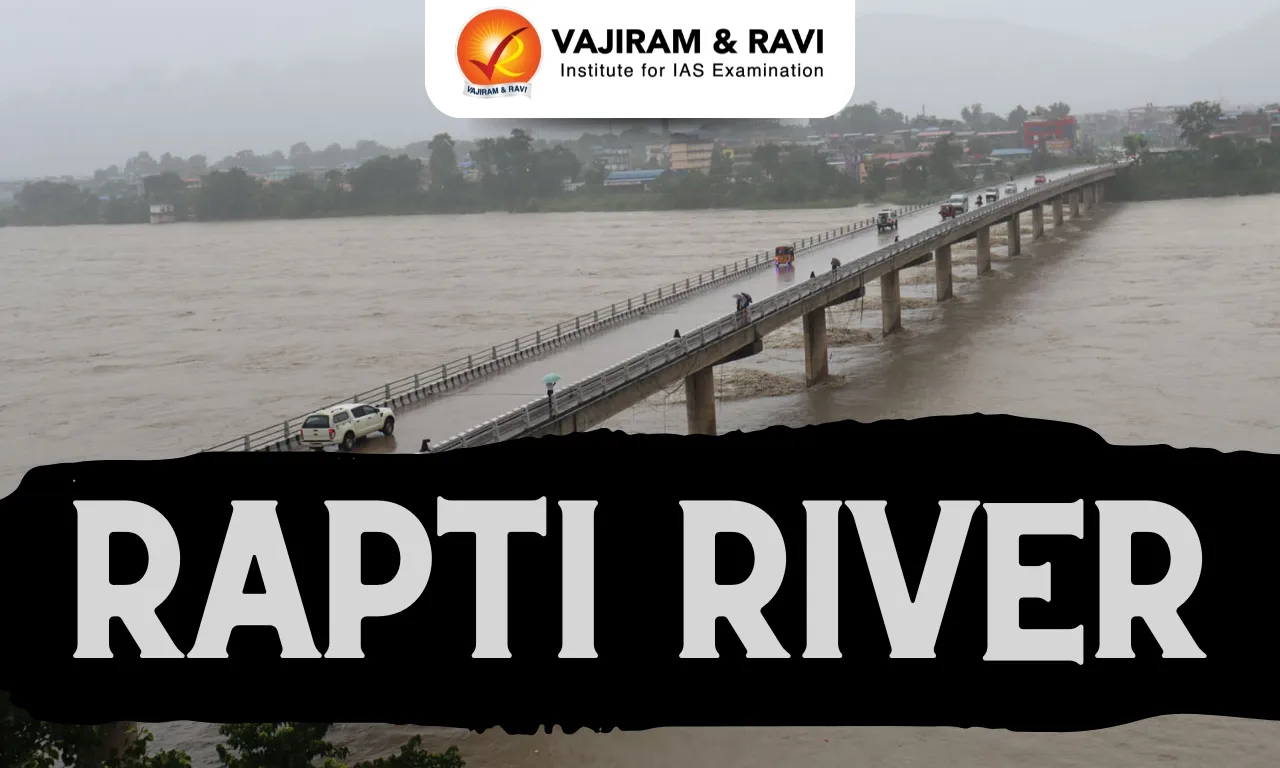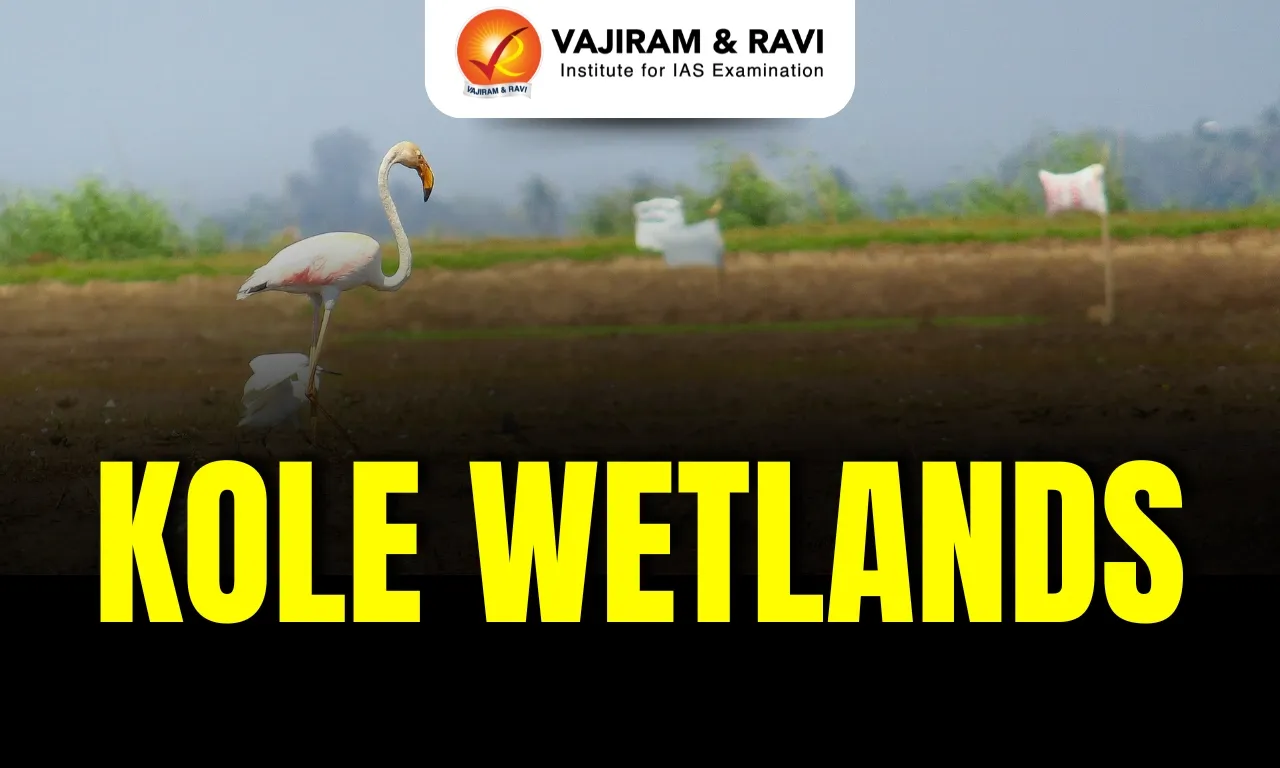About Plea Bargaining:
- Plea bargaining is a process in which a defendant in a criminal case agrees to plead guilty in exchange for some concession from the prosecutor or the court.
- The concession could be a reduced sentence, a lesser charge, dropping some charges, or any other agreement that benefits the defendant.
- The aim of plea bargaining is to resolve a criminal case without going to trial, thereby saving time, resources, and expenses for both the prosecution and the defendant.
- Plea Bargaining in India:
- In India, plea bargaining is governed by the Code of Criminal Procedure, 1973, which incorporated it in 2005.
- Under the Indian legal system, plea bargaining is available for offenses that are punishable with imprisonment for a term of seven years or less.
- The accused person must voluntarily opt for plea bargaining, and the court must be satisfied that the plea has been made voluntarily and with full knowledge of its consequences.
- Plea bargaining can take place at any stage of the criminal justice process, from the initial charge to the trial itself.
- The process of plea bargaining in India is initiated by the accused by filing an application before the court expressing his willingness to plead guilty.
- The court will then examine the application and may allow or reject it based on the facts and circumstances of the case.
- If the court allows the application, it will refer the matter to the prosecutor for further negotiations.
- During the negotiation process, the prosecutor may offer a reduced sentence or some other concession in exchange for the accused’s guilty plea.
- The accused may accept or reject the offer, and if accepted, the court will record the plea of guilt and pronounce the sentence as per the terms of the plea-bargaining agreement.
- The court has the discretion to accept or reject the plea-bargaining agreement if it deems it to be unjust, unreasonable, or contrary to the interest of justice.
- Additionally, if the accused breaches the terms of the plea-bargaining agreement, the court may set aside the agreement and proceed with the trial.
- The accused has the right to withdraw the plea at any time before the court pronounces the sentence. If the plea is withdrawn, the trial continues as if the plea-bargaining process had not occurred.
- Once the sentence is pronounced, it becomes final, and the accused cannot appeal against it except on the grounds of manifest injustice.
Q1: Who is a prosecutor?
A prosecutor is a lawyer who works for a state or government organization and is responsible for starting legal proceedings and then proving in court that the suspect committed the crime he’s accused of.
Source: Report reveals minimal use of plea bargaining in India
Last updated on February, 2026
→ UPSC Notification 2026 is now out on the official website at upsconline.nic.in.
→ UPSC IFoS Notification 2026 is now out on the official website at upsconline.nic.in.
→ UPSC Calendar 2026 has been released.
→ UPSC Final Result 2025 is expected to be released in the second week of April 2026.
→ Check out the latest UPSC Syllabus 2026 here.
→ Join Vajiram & Ravi’s Interview Guidance Programme for expert help to crack your final UPSC stage.
→ UPSC Mains Result 2025 is now out.
→ UPSC Prelims 2026 will be conducted on 24th May, 2026 & UPSC Mains 2026 will be conducted on 21st August 2026.
→ The UPSC Selection Process is of 3 stages-Prelims, Mains and Interview.
→ Prepare effectively with Vajiram & Ravi’s UPSC Prelims Test Series 2026 featuring full-length mock tests, detailed solutions, and performance analysis.
→ Enroll in Vajiram & Ravi’s UPSC Mains Test Series 2026 for structured answer writing practice, expert evaluation, and exam-oriented feedback.
→ Join Vajiram & Ravi’s Best UPSC Mentorship Program for personalized guidance, strategy planning, and one-to-one support from experienced mentors.
→ Check UPSC Marksheet 2024 Here.
→ UPSC Toppers List 2024 is released now. Shakti Dubey is UPSC AIR 1 2024 Topper.
→ Also check Best UPSC Coaching in India




















